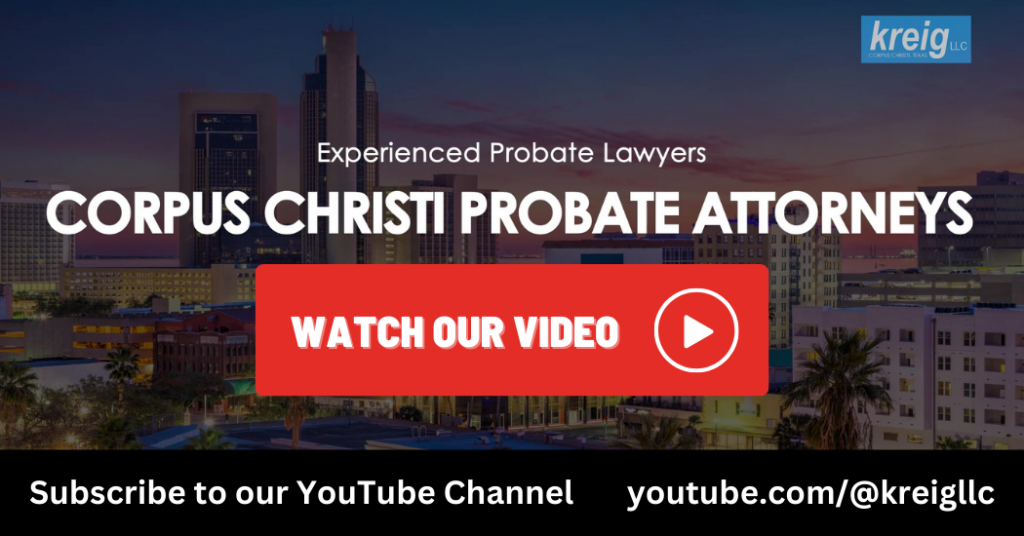Probate law can be complex and confusing, particularly when it comes to interpreting a testator’s intent. In Patrick v. Patrick, the Texas Court of Appeals considered the question of whether a testator’s beneficiaries should be responsible for paying estate taxes on non-probate assets. In this blog post, we’ll review the facts and procedural history of the case, the main considerations that the court addressed, and the key takeaway for those dealing with probate issues in Texas.
Facts & Procedural History
The case of Patrick v. Patrick, 182 S.W.3d 433 (Tex. App. – Austin 2005, no pet.), involved the will of Mrs. Holland, who passed away in 1999. Her will named her son, Christopher Holland, as the independent executor and instructed for half of her probate estate to be given to him, with the remainder to be divided between her daughter, Ms. Patrick, and her four grandchildren. Mrs. Holland’s will also stated that her IRAs were to be divided equally between her children.
After Mrs. Holland’s death, Ms. Patrick filed a motion for accounting and distribution, and a guardian ad litem was appointed for her minor children. The executor then filed a petition for a declaratory judgment and a motion for summary judgment, seeking a court declaration that he had properly interpreted the will and properly administered the estate. He also asked the court to rule on whether the estate taxes should have been paid through non-probate assets rather than the IRAs. The probate court granted the executor’s motion in part, holding that the taxes should have been paid through all the assets and that the executor had properly administered the estate.
Ms. Patrick appealed, arguing that the language of the will excluded non-probate assets from being used to pay estate taxes. The Court of Appeals ultimately agreed with the probate court, holding that the language of the will did not exclude the beneficiaries of non-probate assets from having to pay estate taxes.
Main Considerations
One of the main questions addressed by the Court of Appeals in Patrick v. Patrick was whether the language of the will was sufficient to determine the testator’s intent. Ms. Patrick argued that the language of the will was clear in its exclusion of non-probate assets from being used to pay estate taxes, while the executor argued that the language was ambiguous and should be interpreted in a way that would require all assets to be used to pay the taxes.
In its ruling, the Court of Appeals emphasized that a court is limited to the language within the will itself when determining a testator’s intent. The court is not allowed to add provisions to the will or redraft the will for this purpose. Based on the language of the will, the court found that the testator had not clearly excluded the beneficiaries of non-probate assets from having to pay estate taxes.
The Takeaway for Texas Probate Law
The key takeaway from Patrick v. Patrick is that, absent specific instructions in a testator’s will, beneficiaries of non-probate assets are likely to be responsible for paying estate taxes. It is important for those dealing with probate issues in Texas to carefully review the language of the will and seek guidance from experienced probate attorneys to ensure that the testator’s intent is properly carried out.
Do you need help with a probate matter in Corpus Christi or the surrounding area? We are Corpus Christi probate attorneys. We help clients navigate the probate process. Call today for a free confidential consultation, 361-298-1109.
Our Corpus Christi Probate Attorneys provide a full range of probate services to our clients, including helping with probate disputes. Affordable rates, fixed fees, and payment plans are available. We provide step-by-step instructions, guidance, checklists, and more for completing the probate process. We have years of combined experience we can use to support and guide you with probate and estate matters. Call us today for a FREE attorney consultation.
Disclaimer
The content of this website is for informational purposes only and should not be construed as legal advice. The information presented may not apply to your situation and should not be acted upon without consulting a qualified probate attorney. We encourage you to seek the advice of a competent attorney with any legal questions you may have.




